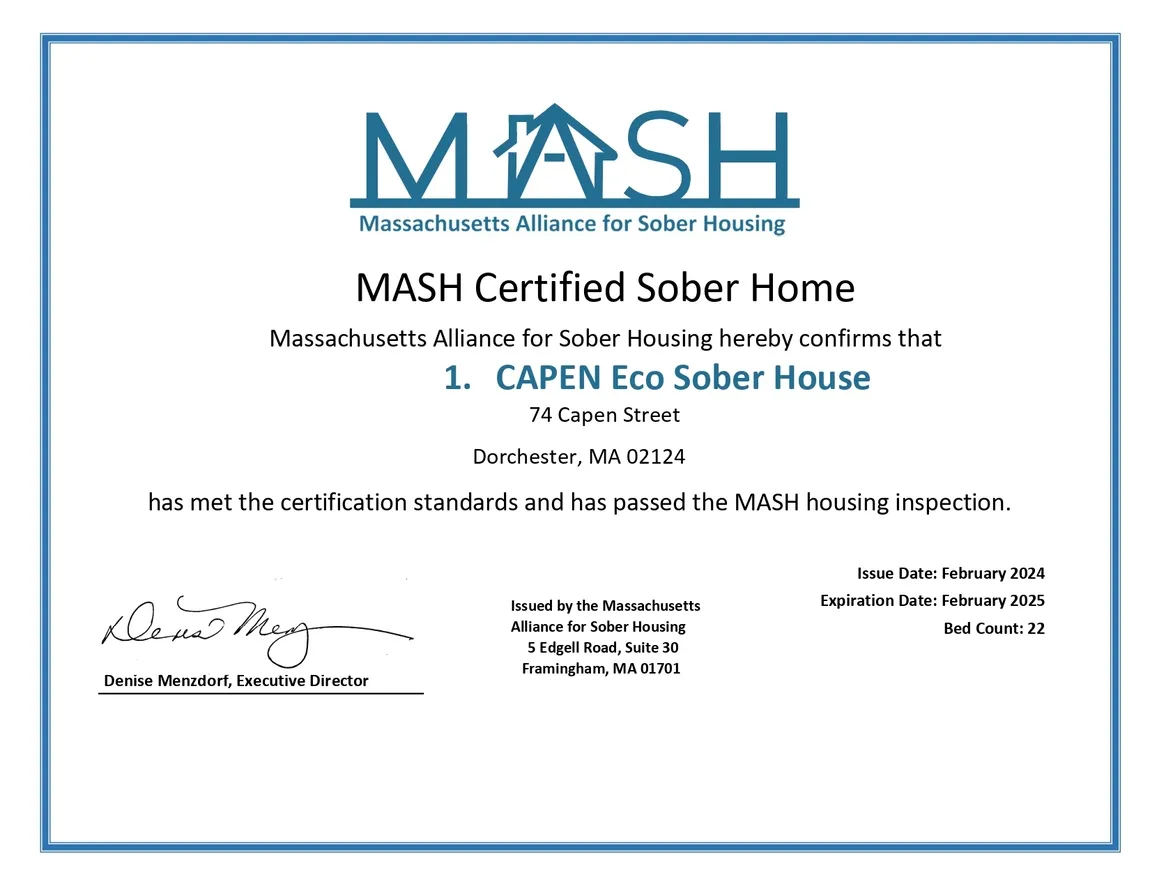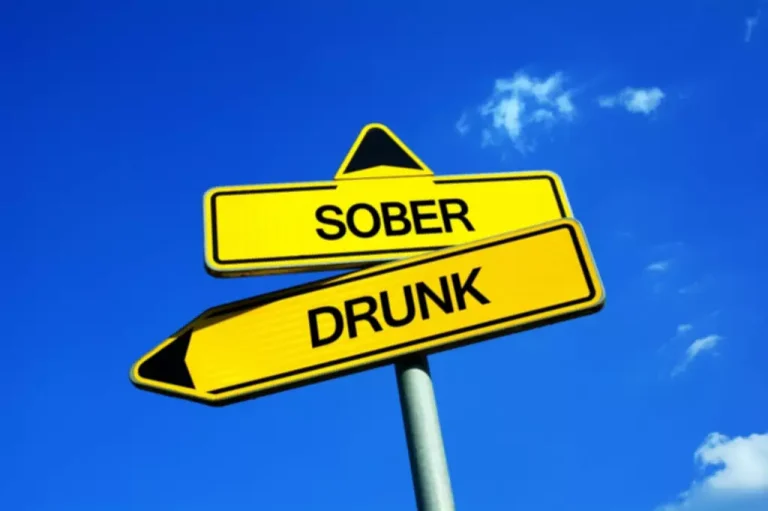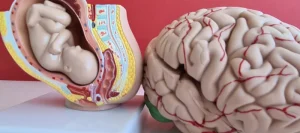“Alcohol is certainly not the sole driver of increases in blood pressure; however, our findings confirm it contributes in a meaningful way. Limiting alcohol intake is advised, and avoiding it is even better,” Vinceti said. Each study had to meet strict eligibility criteria, allowing researchers to focus on participants with no previous history of cardiovascular disease. If you already have high blood pressure, your doctor may have advised you to drink alcohol in moderation and cut back on your overall alcohol intake. If you have been diagnosed with high blood pressure, you will need to work with your physician to develop a plan to manage it. In some cases, hypertension can be reversed through lifestyle changes, such as eating a healthy diet, exercising regularly, and reducing or eliminating alcohol intake.
What Does Alcohol Do to Your Body? 9 Ways Alcohol Affects Your Health
There is a significant amount of data to show that drinking large quantities of alcohol, whether it is a spirits, beer, or wine, can increase the risk of developing hypertension. Drinking alcohol may also increase blood pressure for a short amount of time even in healthy people. “Those who drink heavily are three times as likely to be hypertensive” as those who abstain. Completely refraining from consuming alcohol lowers the risk of some of the health risks listed above. Although some of those effects can occur without alcohol consumption, avoiding alcohol helps decrease the risks. Recent data suggest that moderate and heavy drinking contributes to high blood pressure in men and women.
Blood calcium levels
- Connect with us on heart.org, Facebook, Twitter or by calling AHA-USA1.
- Heavy drinking can also lead to a host of health concerns, like brain damage, heart disease, cirrhosis of the liver and even certain kinds of cancer.
- Red wine contains an antioxidant called resveratrol, which some studies have shown reduces cholesterol and lowers blood pressure.
- There is evidence that reducing alcohol intake can help lower blood pressure in those suffering from hypertension and even prevent its development.
- A drink is 12 ounces (355 milliliters) of beer, 5 ounces (148 milliliters) of wine or 1.5 ounces (44 milliliters) of 80-proof distilled spirits.
- Whether it’s a glass of red wine with your turkey or toasting champagne for the new year, alcohol definitely becomes more present during the holiday season.
When they become impaired by alcohol intake, the body might not respond as effectively to changes in blood pressure, cymbalta withdrawal timeline leading to persistent high blood pressure. According to a 2018 study and the World Health Organization, no amount of alcohol intake is safe, so any amount may be considered too much. Red wine contains an antioxidant called resveratrol, which some studies have shown reduces cholesterol and lowers blood pressure.
And that’s on top of the toll that alcohol use can take on relationships, not to mention the potential for financial strain and legal troubles. Individuals who do not experience withdrawal symptoms will likely see the positive effects of giving up alcohol shortly after doing so. Cortisol increases the release of catecholamines, which are chemicals in the body that help regulate many processes and help keep the body functioning as it should. The following sections will look at some of these ways in more detail. Thanks to generous benefactors, your gift today can have 5X the impact to advance AI innovation at Mayo Clinic. Your gut microbiome is a hotbed of bacteria that help keep your digestive system happy and healthy.
The last thing you want is for that casual drink after work or art therapy ideas for addiction glass of wine at dinner to negatively impact your heart health. There’s a way to have a healthy, balanced relationship with alcohol that lets you enjoy a drink occasionally and celebrate with friends and family. But your heart is an important organ that should also be cared for, so be sure to drink in moderation, learn about binge drinking and know what your body can (and can’t) tolerate before opening that tab.
Cancer risk
It has also become clear over time that no amount of alcohol is considered safe for consumption, regardless of the type of alcohol. Studies have shown a link between alcohol and hypertension, or high blood pressure. Hypertension occurs when the pressure of blood against the artery walls becomes higher than normal. There is evidence that reducing alcohol intake can help lower blood pressure in those suffering from hypertension and even prevent its development.
You should never consider wine or any other alcohol as a way to lower your heart disease risk. And, in fact, the study also showed that drinking one or fewer drinks per day was related to the lowest likelihood of dying from a stroke. However, Dr. Cho points out that more recent data shows that there may be no amount of alcohol that is truly safe. “The myth that wine is beneficial for heart health is no longer true,” she states. ”We found participants with higher starting blood pressure readings, had a stronger link between alcohol intake and blood pressure changes over time. Researchers were unable to study in-depth the relationship between age, blood pressure, and alcohol intake.
So, your system prioritizes getting rid of alcohol before it can turn its attention to its other work. With continued alcohol use, steatotic liver disease can lead to liver fibrosis. Eventually, you can develop permanent and irreversible scarring in your liver, which is called cirrhosis. Dr. Cho also warns that if you have liver dysfunction or take other medicines that are processed through the liver, your risks might be different. Talk to your healthcare provider about how alcohol might interact with your prescription medicines. In many ways, your medical history (and present) can tell you a lot about your future with alcohol.
The impact of high blood pressure and risk factors
But there are ways that alcohol affects your body over time that are important to understand. One of the long-term effects of alcohol on your heart is alcoholic cardiomyopathy. This is when your heart-pumping function gets weaker and your heart gets larger due to changes from heavy alcohol use over a long period of time. Whether it’s a glass of red wine with your turkey or toasting champagne for the new year, alcohol definitely becomes more present during the holiday season. And while enjoying celebratory spirits in moderation is alright for most people, it’s important to be aware you can fall victim to holiday heart syndrome if you overdo it. This is when overeating and overindulging in alcohol lead to an irregular heartbeat.
Drinking frequently or binging on a large amount of alcohol in a small period of time can lead to health problems. “Some of the new diabetes medications have a diuretic effect, and that could cause dehydration” in people with diabetes, Vaishnava says. Research shows that regular use of acetaminophen can raise blood pressure, as can nonsteroidal anti-inflammatory drugs (NSAIDs), including ibuprofen and naproxen. If you already have high blood pressure, NSAIDs can prevent several common meds such as ACE inhibitors and diuretics from doing their job. Individuals who drink alcohol in excess can help improve their overall health by stopping drinking. And if you have a history of high blood pressure, it’s best to avoid alcohol completely or drink only occasionally, and in moderation.
Heavy drinking can also lead to a host of health concerns, like brain damage, heart disease, cirrhosis of the liver and even certain kinds of cancer. And sure, we’ve all had a night here or there where we’ve had one too many and we know it. But it’s important to make sure those nights of overindulgence are the exception and not the rule. If you’re not sure, make a note to tune into how much you’re having over the course of the next month or so.
What is the definition of a standard drink?
Hypertension, or high blood pressure, how old was demi lovato in 2008 is a very common condition worldwide. “Excessive alcohol consumption can cause nerve damage and irreversible forms of dementia,” Dr. Sengupta warns. Your body breaks alcohol down into a chemical called acetaldehyde, which damages your DNA. Damaged DNA can cause a cell to grow out of control, which results in cancerous tumors. That’s because your body already has processes in place that allow it to store excess proteins, carbohydrates and fats.









